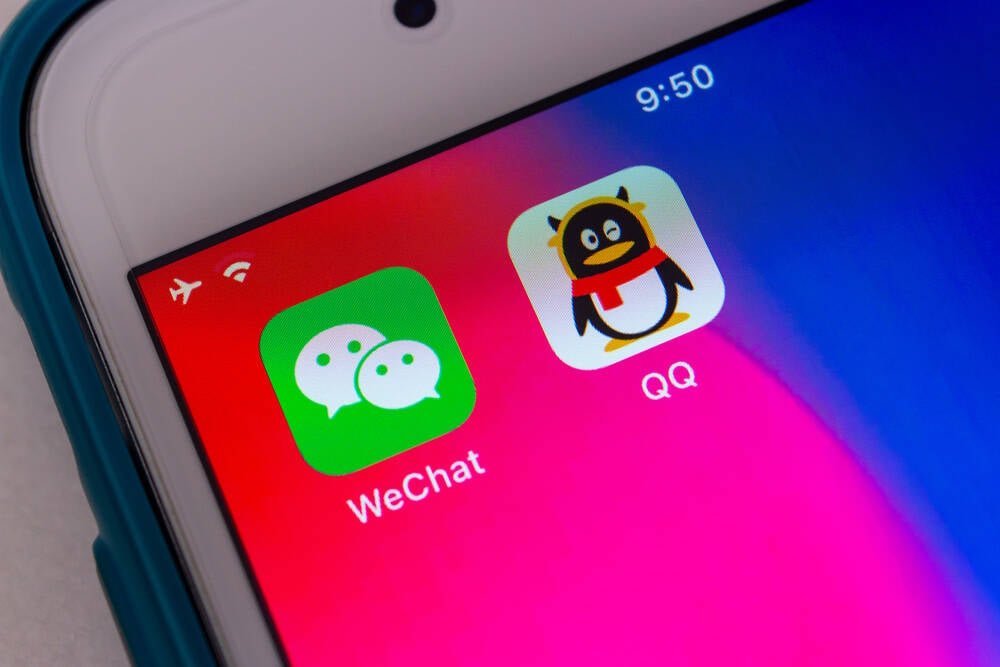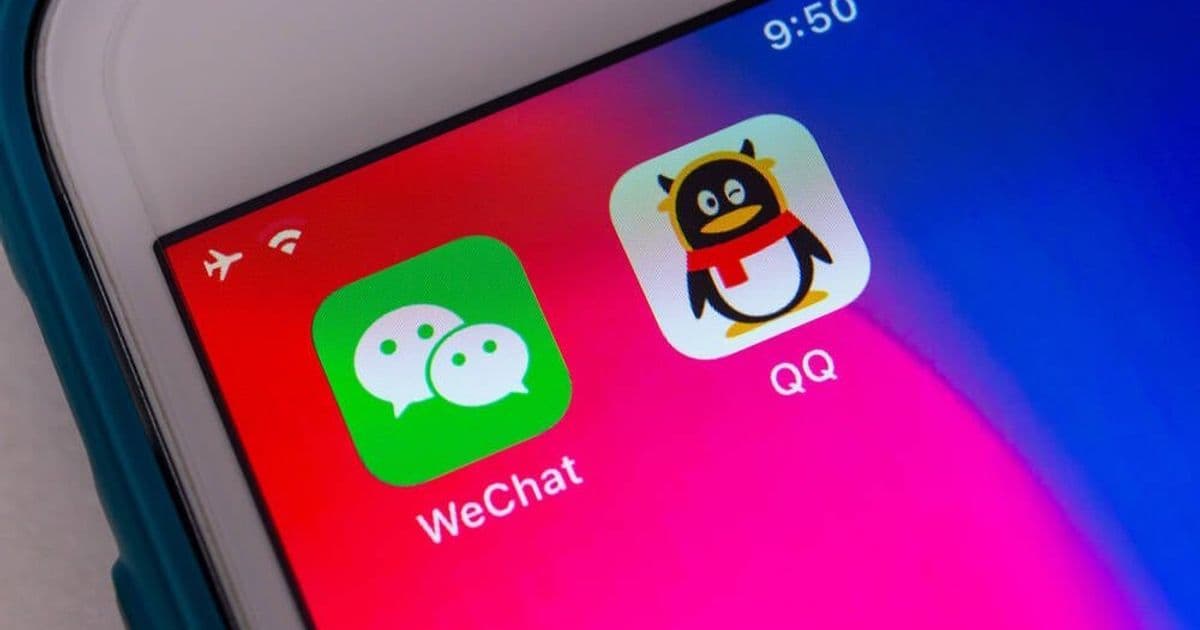Apple has cut its commission on in‑app purchases inside mini‑apps from 30% to 15% and struck a deal with Tencent that lets WeChat’s mini‑programs pay the new rate. The move could finally level the playing field for developers and signal a new wave of super‑app competition on the App Store.

A New Commission Landscape
Apple’s 15‑percent commission for mini‑app transactions is a dramatic shift from the platform’s standard 30‑percent fee. The change, announced in a November 15, 2025 press release, applies to purchases made within mini‑apps that run inside other iOS apps, including those powered by Tencent’s WeChat ecosystem.
"Apple has cut its take to 15 percent on purchases inside mini apps running within other iOS apps," the Register reports.
The decision follows a long‑standing developer grievance that the company’s 30‑percent cut was a barrier to growth for smaller studios. The new rate mirrors the small‑business program that Apple introduced in 2020, but now it extends to a whole new class of apps—mini‑apps that can be embedded inside larger host apps.
Tencent’s Mini‑Program Deal
Tencent’s WeChat mini‑programs generated 32.3 billion yuan ($4.5 billion) in revenue during the quarter ending September 30. Under the new agreement, Apple will now take a 15‑percent cut of those sales, a significant concession that closes a loophole that allowed WeChat to bypass the App Store’s fee structure.
"The terms of the deal allow Apple to take a 15 percent cut of sales within WeChat mini games and apps," Bloomberg notes.
The partnership also launches Apple’s Mini Apps Partner Program, which offers platform‑owners an 85‑percent share of in‑app purchase revenue from qualifying mini‑apps. Developers can now turn a popular iOS app into a host for a marketplace of mini‑apps, provided they support Apple’s commerce APIs and age‑declaration requirements.
Technical Implications for Developers
Apple’s program mandates that mini‑apps use web technologies—HTML5 and JavaScript—rather than native iOS code. This restriction echoes past controversies over language support, such as the ban on Adobe Flash and the early days of Objective‑C exclusivity.
Mini‑App Requirements
---------------------
- Web‑based: HTML5 + JavaScript
- Age declaration API
- In‑App Purchase integration
- Compliance with Apple’s commerce API
For developers, this means a lower barrier to entry: they can package a web‑based mini‑app and ship it through the App Store without building a full native iOS app. However, the 15‑percent commission still represents a cost that could affect the economics of micro‑transactions.
Market Dynamics and Regulatory Context
Apple’s commission cut is a response to mounting regulatory pressure. Authorities in Australia, the EU, Japan, India, South Korea, and the UK have all urged major platforms to reduce fees and improve competition.
"The reduced App Store rate has been only partially successful in keeping trust busters at bay," the Register observes.
Tencent’s entry into the iOS ecosystem could accelerate the mini‑app model’s spread in the West. The model, already dominant in China and India, could give rise to new “super‑apps” on iOS, echoing Elon Musk’s long‑standing vision for X as a platform of everything.
What This Means for the Future
Apple’s move signals a willingness to adapt its revenue model in response to both developer sentiment and regulatory scrutiny. By lowering commissions and opening the platform to web‑based mini‑apps, Apple is positioning itself to compete with Android’s flexible app ecosystem.
For developers, the new program offers an avenue to monetize in‑app purchases at a lower cost, but it also requires careful navigation of Apple’s technical and policy requirements. The partnership with Tencent could bring a massive user base to iOS, but it also raises questions about data privacy and cross‑border data flows.
Ultimately, the mini‑app deal may be the first step toward a more open, diversified App Store that can support the next generation of app‑based ecosystems.
Source: The Register, 15 Nov 2025

Comments
Please log in or register to join the discussion